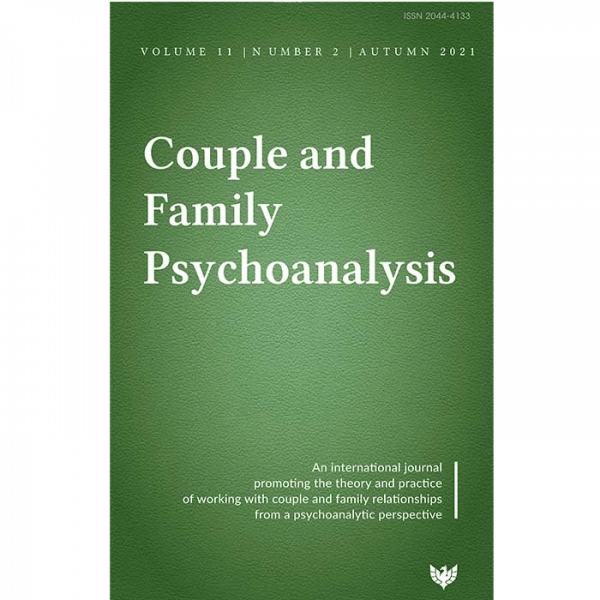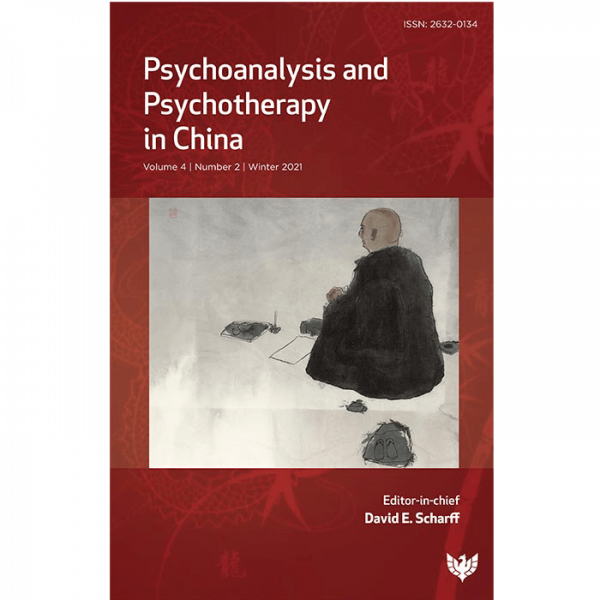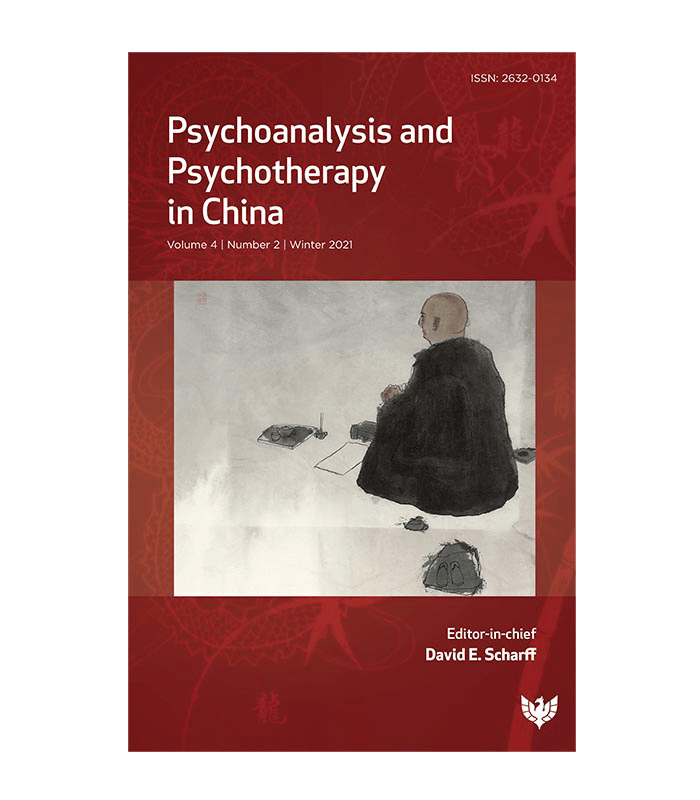Whether you’re looking for answers, would like to solve a problem, or just want to let us know how we did, we are always happy to hear from you.

Couple and Family Psychoanalysis: Volume 11 Number 2
£6.99 – £30.00Price range: £6.99 through £30.00

Psychoanalysis and Psychotherapy in China - Volume 4 Number 2
£6.99 – £25.00Price range: £6.99 through £25.00
Psychoanalysis and Psychotherapy in China – Volume 4 Number 2 / Full Issue
Editor: David E. Scharff
£16.99 – £18.74Price range: £16.99 through £18.74


